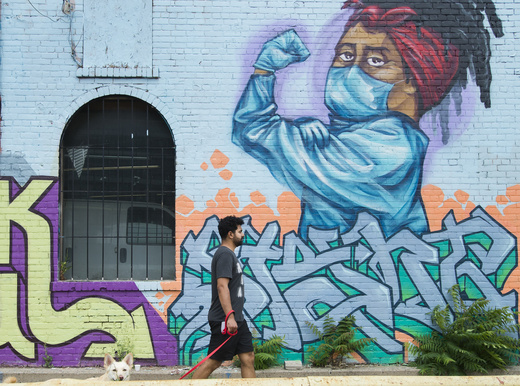Morality 2: Conscience: The Aboriginal Vicar of Christ

I read a book recently titled Knowing Right from Wrong by Fr. Thomas Williams. In the book the author gives a solid explanation of the “experience” of what conscience is like.
If you are like me, you probably grew up thinking conscience was the enemy. An annoying little voice that told you you were doing something wrong. It made you say you are sorry and outright stopped you from doing certain actions.
Then I went to university and learned that my conscience was really all those ideas of right and wrong that your parents gave to you. But then I realized that my parents were wrong some of the time, and so my conscience could be wrong as well. By the time I was done university I had implicitly bought into the idea of some thinkers who held that the conscience was simply something that held us back from doing what we wanted to do.
But then, something scary began to happen, I was becoming very unhappy. What’s worse – owing to my own idiocy – I couldn’t figure out why.
My view on all these ideas began to change when I began to take a closer look at my conscience as expressed by Fr. Thomas Williams. Three ideas struck me “right off the bat.” The first thing was that my conscience was “objective” to me. That is, I couldn’t dictate to it what was right and wrong. It simply affirmed things as being right or wrong on its own. What’s more, no matter how much I tried to deny something was wrong (against my better judgment), the more something inside me just felt “ill at ease.” Hmmm, that was odd. How is it that something inside of me “knew” so much about what was right and what was wrong (even better than I did)?
Another element that struck me about the conscience was that it all seemed based in my attitude. I could either treat it as a referee or a coach. If I treated my conscience as a coach, driving me to the more, then I was quite at peace with it. It was when I had an antagonistic position to my conscience that things went awry.
Finally, it was by following my conscience day in and day out that I found peace. Here was another fact that I just could not explain. The way to peace in the modern secular world seems to leave behind the conscience. “Just forget about the shoulds, woulds and coulds, they don’t really exist anyway” – says one psychologist. Another theorist said that to find “true integration” I should become one with the “monster inside” and give vent to the lust and the anger. But this nearly bankrupted me. What I truly found was that by doing the good, and seeking the good in all things, I can be in harmony with the deepest part of who I am. I could be at peace with myself.
The conscience sometimes does indeed hold us back from doing what we want. Oftentimes because what we want is wrong and not in line with the moral law. It’s amazing to see the connection between sin and unhappiness.
Yes, we can have moral consciences that are malformed. We can buy into ideologies which tell us that it is good to steal, plunder and murder. But I am beginning to believe that deep down our conscience is fundamentally good, and to follow it rightly, is to find the true God. Is this not what Christ did for us? Our conscience then like Jesus Christ, leads us back to God.




Margaret Manitowabi
Posted at 09:59h, 20 NovemberI feel our conscious is the Holy Spirit nudging us as well as our intuition. I try to listen to them but my will gets in the way
Karen Arthurs
Posted at 12:59h, 20 NovemberThank you for these insights.